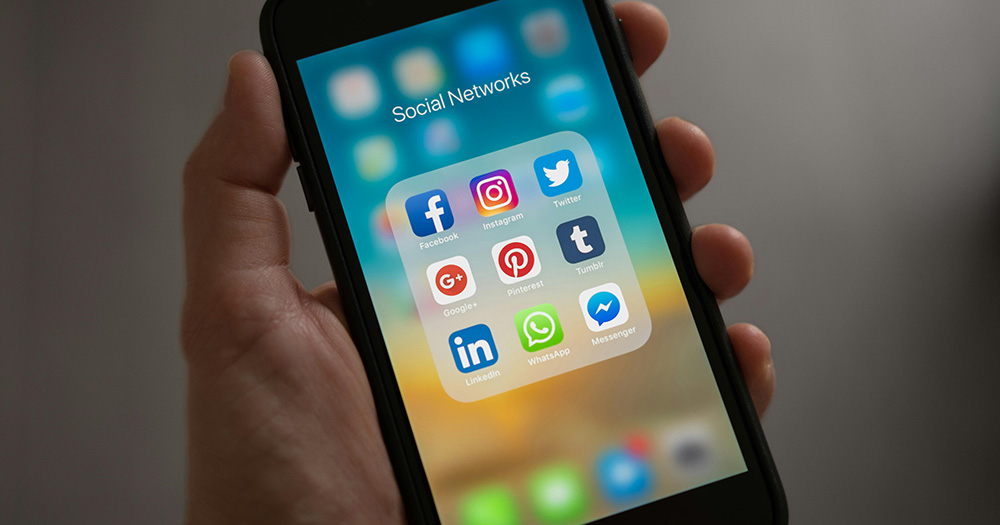Recently, a digital phenomenon known as the “digitine” has swept across social media platforms, prompting users to unfollow and block celebrities who have remained silent on the ongoing war in Gaza.
This trend, combining the words “digital” and “guillotine,” aims to hold public figures accountable for their perceived inaction or lack of support regarding the conflict.
The term emerged following the 2024 Met Gala when the hashtag #Blockout2024 and the newly-coined word “digitine” gained traction after TikTok user @ladyfromtheoutside criticised celebrities for their silence on the humanitarian crisis in Gaza.
Her video, which went viral, specifically targeted Haley Kalil, who posted a video dressed in Marie Antoinette-inspired attire with the caption “Let them eat cake.” This phrase, erroneously attributed to Antoinette, has come to symbolise aristocratic indifference to suffering.
Kalil, who initially celebrated her rising follower count, saw an immediate backlash. Despite clarifying that she did not attend the Met Gala and apologising for any offence caused, her follower count dropped, highlighting the tangible impact of the “digitine” movement.
“let them eat cake” while you passed people protesting against genocide and famine outside the met gala is the most out of touch thing that i have seen thus far. pic.twitter.com/bmfr8lF5LB
— Tayoncé Defense Attorney is sooo back (@lesbeyonsay) May 8, 2024
But the backlash wasn’t limited to Kalil, major figures like Taylor Swift and Kim Kardashian also saw notable dips in their follower counts. According to Social Blade, Swift lost about 100,000 followers on TikTok overnight, though her overall growth remained strong. Kardashian reportedly lost 3 million followers on one platform, although her TikTok numbers remained stable.
Experts believe that digital boycotts can significantly impact celebrities. Blair Huddy, a public relations professional, notes in a conversation with Today.com that social media creators are often paid based on their follower count and engagement.
Losing followers can reduce their earning potential and marketability. Tenyse Williams, another PR expert, adds that substantial follower losses send a clear message of public discontent, potentially prompting celebrities to align their actions with societal expectations.
The “digitine” movement has also provoked a wider discussion about the role of celebrities in influencing public discourse. Topsie VandenBosch, a licensed psychotherapist, points out, while also talking to Today.com that follower counts reflect not just popularity but also moral authority and influence.
A significant drop in followers can pressure celebrities to reconsider their stances and actions. However, some critics argue that focusing on celebrities may distract from the more urgent need to address the underlying humanitarian issues.
But despite these criticisms, the “digitine” movement has prompted some celebrities to use their platforms for advocacy. Celebrities like Lizzo and Chris Olsen have posted videos encouraging donations to aid organisations supporting Palestinians, indicating that the movement may be having its intended effect.
© 2024 GCN (Gay Community News). All rights reserved.
Support GCN
GCN is a free, vital resource for Ireland’s LGBTQ+ community since 1988.
GCN is a trading name of National LGBT Federation CLG, a registered charity - Charity Number: 20034580.
GCN relies on the generous support of the community and allies to sustain the crucial work that we do. Producing GCN is costly, and, in an industry which has been hugely impacted by rising costs, we need your support to help sustain and grow this vital resource.
Supporting GCN for as little as €1.99 per month will help us continue our work as Ireland’s free, independent LGBTQ+ media.
